Celia Durkin, Eileen Hartnett, Daphna Shohamy, and Eric R. Kandel
Contributed by Eric R. Kandel, June 12, 2020 (sent for review March 16, 2020; reviewed by Arie W. Kruglanski and Yaacov Trope)
SIGNIFICANCE
Art affects our mindset; it can be therapeutic, emotionally evocative, and generative of aesthetic experience. But how art recruits cognitive processes, and how this process differs between abstract and representational art, remain unknown. To quantify differences in mindset evoked by abstract and representational art, we drew on construal level theory (CLT), a psychological theory that has systematically characterized differences in abstract and concrete mindsets. In three different decision making tasks, we found that abstract art evokes a more abstract mindset than representational art. Our data suggest that abstract and representational art have differential effects on cognition and that CLT provides a useful new empirical approach to the analysis of cognitive states evoked by different levels of artistic abstraction.
ABSTRACT
Does abstract art evoke a different cognitive state than figurative art? To address this question empirically, we bridged art theory and cognitive research and designed an experiment leveraging construal level theory (CLT). CLT is based on experimental data showing that psychologically distant events (i.e., occurring farther away in space or time) are represented more abstractly than closer events. We measured construal level elicited by abstract vs. representational art and asked subjects to assign abstract/representational paintings by the same artist to a situation that was temporally/spatially near or distant. Across three experiments, we found that abstract paintings were assigned to the distant situation significantly more often than representational paintings, indicating that abstract art was evocative of greater psychological distance. Our data demonstrate that different levels of artistic abstraction evoke different levels of mental abstraction and suggest that CLT provides an empirical approach to the analysis of cognitive states evoked by different levels of artistic abstraction.
FOOTNOTES
1To whom correspondence may be addressed. Email: ds2619@columbia.edu or erk5@columbia.edu.
Author contributions: C.D., D.S., and E.R.K. designed research; C.D. and E.H. performed research; C.D. analyzed data; and C.D., E.H., D.S., and E.R.K. wrote the paper. Reviewers: A.W.K., University of Maryland; and Y.T., New York University.
This article contains supporting information online at https://www.pnas.org/…/doi…/pnas.2001772117/-/DCSupplemental.
Published under the PNAS license.
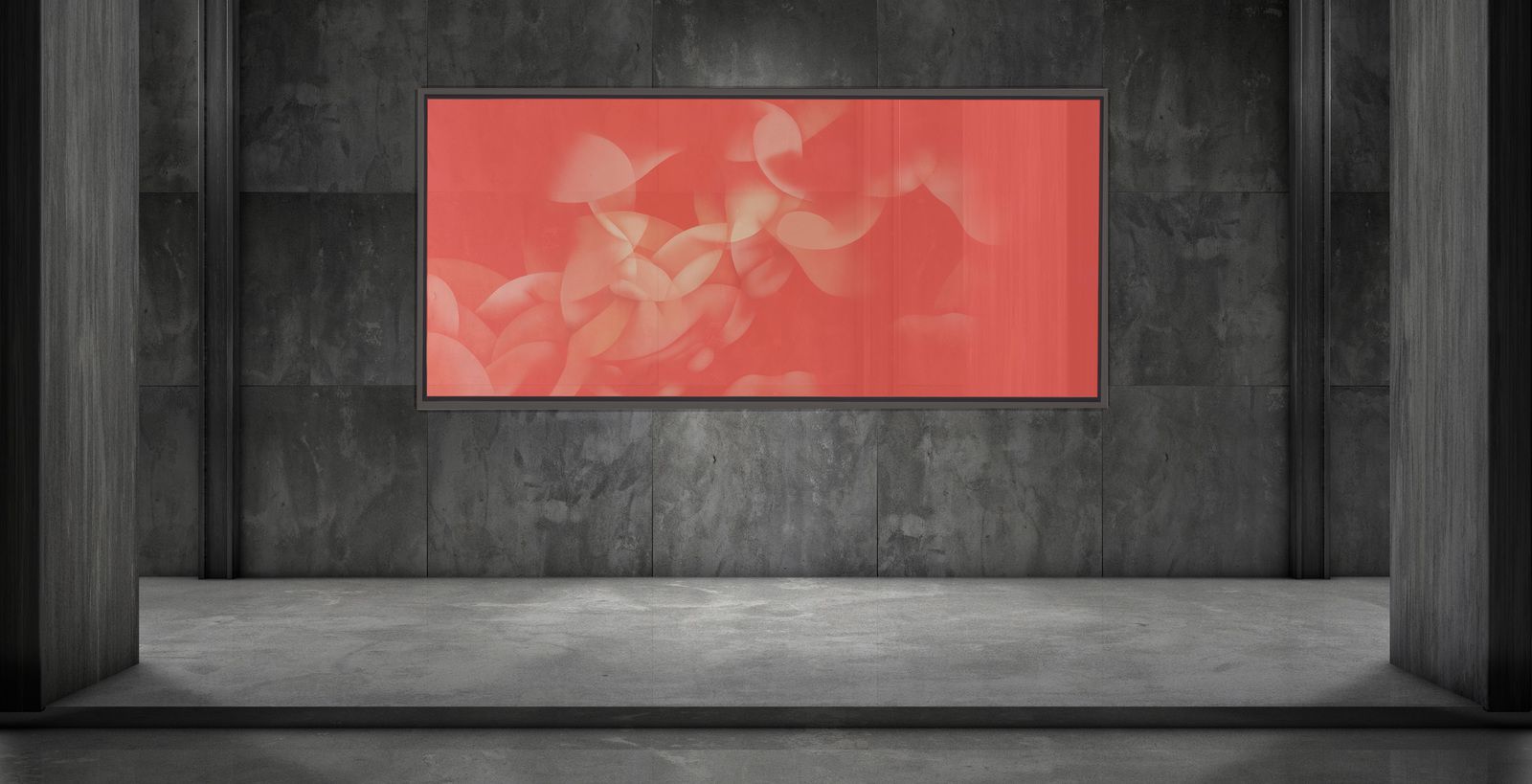


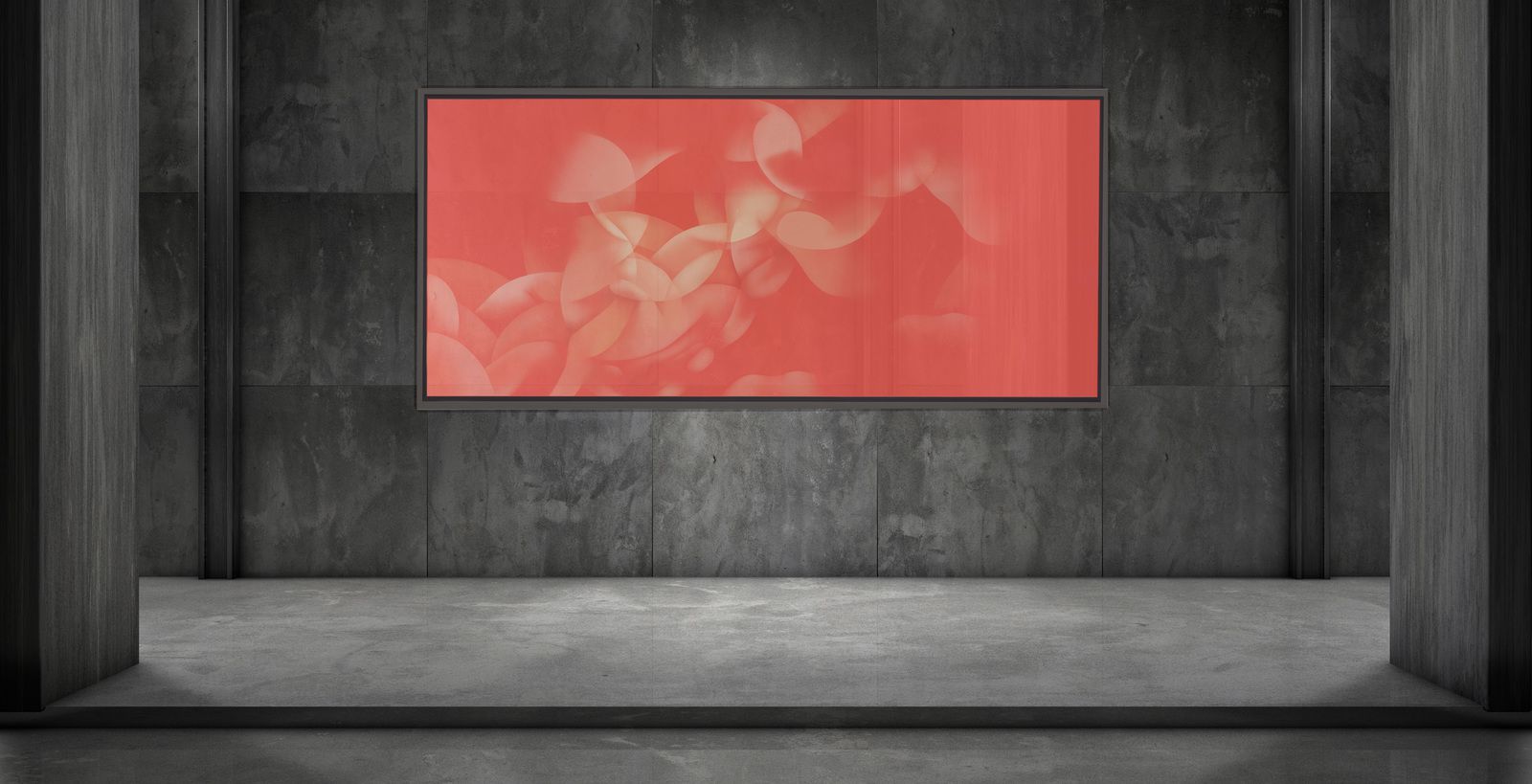
/https%3A%2F%2Fimg3.parisbouge.com%2Fqjxu16kIIscEiyf1d4as0lr8cRxdanxSKlHajY3694o%2Frs%3Afit%3A1200%3A800%3A1%2Fg%3Ace%2Fwm%3A1%3Asoea%3A12%3A12%3A0.12%2FMzk1MDc1ZmEtZDMzMS00NzI1LTk5NzQtMTg5MTYzMGZmNjEwLmpwZw.jpg)

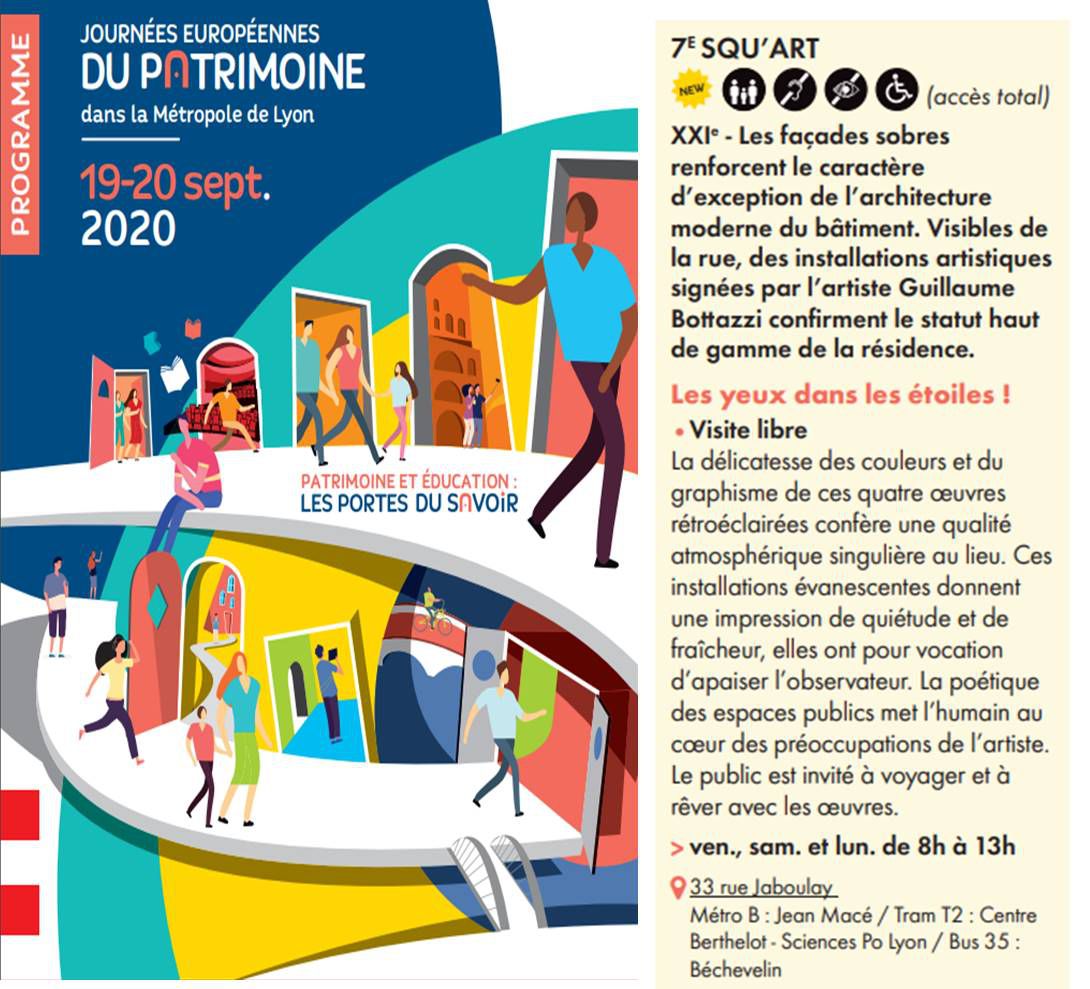
/image%2F0829913%2F20200914%2Fob_116242_https-cdn-evbuc-com-images-109920649.jpg)
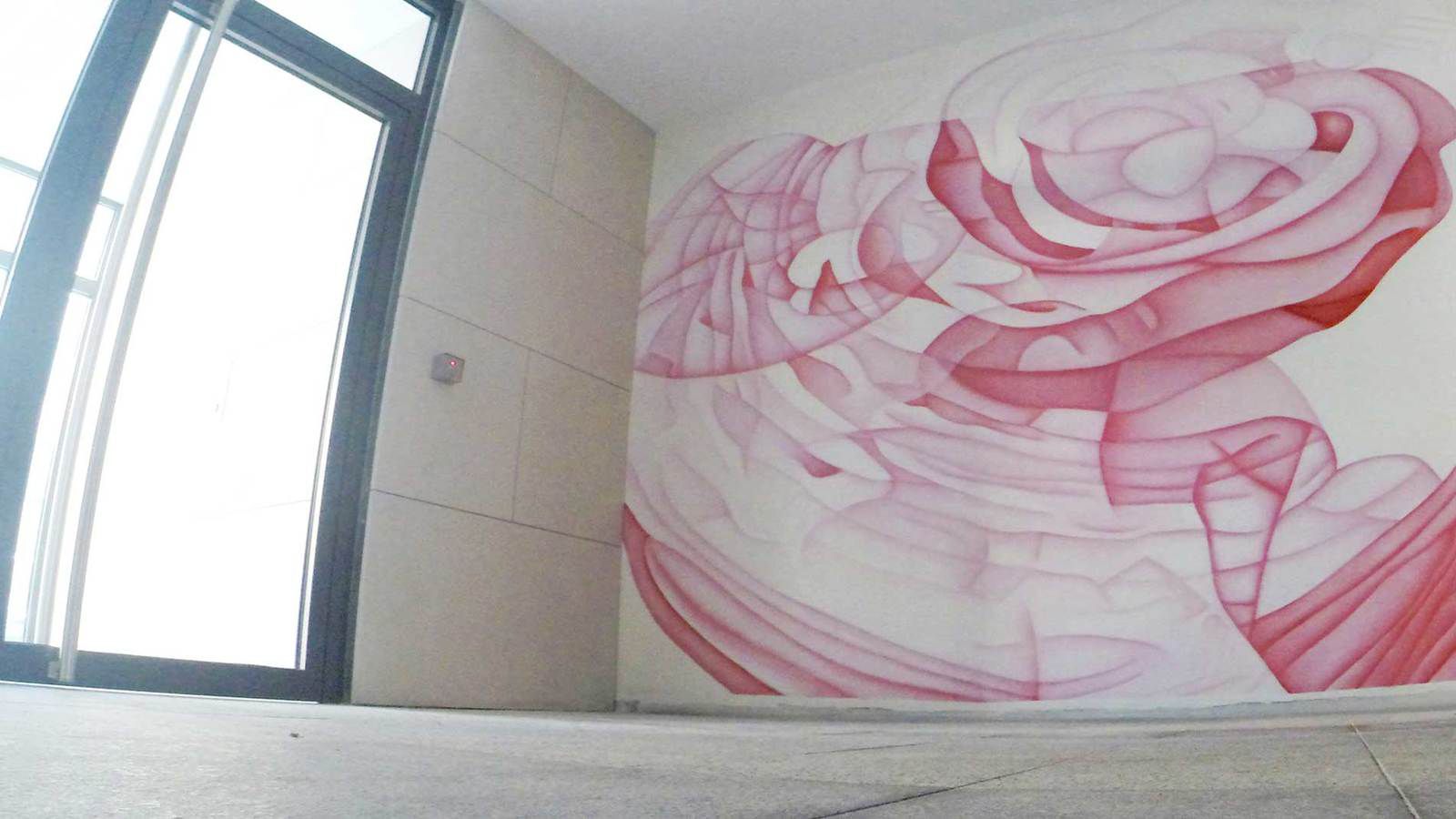
/https%3A%2F%2Fwww.tousvoisins.fr%2Fphotos%2Fclassifieds%2F26%2F5a%2F265a1d7c05161b74c833d3ec006bccc7f218b972a320726d054b78860ef28494-large.jpg)
/https%3A%2F%2Fwww.guillaume.bottazzi.org%2Fwp-content%2Fuploads%2F2019%2F12%2Fbottazzi-guillaume-art-public-japon.jpg)
/https%3A%2F%2Fwww.gralon.net%2Fevenements%2Fphotos%2Fevenement-oeuvre-d-art-de-guillaume-bottazzi-sur-les-1ers-gratte-ciel-de-france--a-villeurbanne--aux-journees-europeennes-du-patrimoine-villeurbanne_484319.jpg)
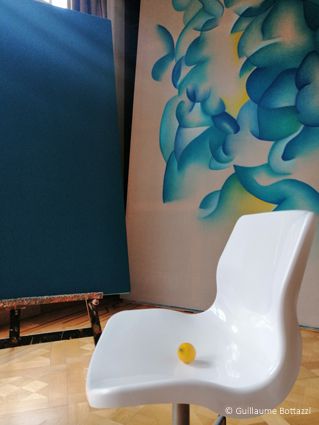
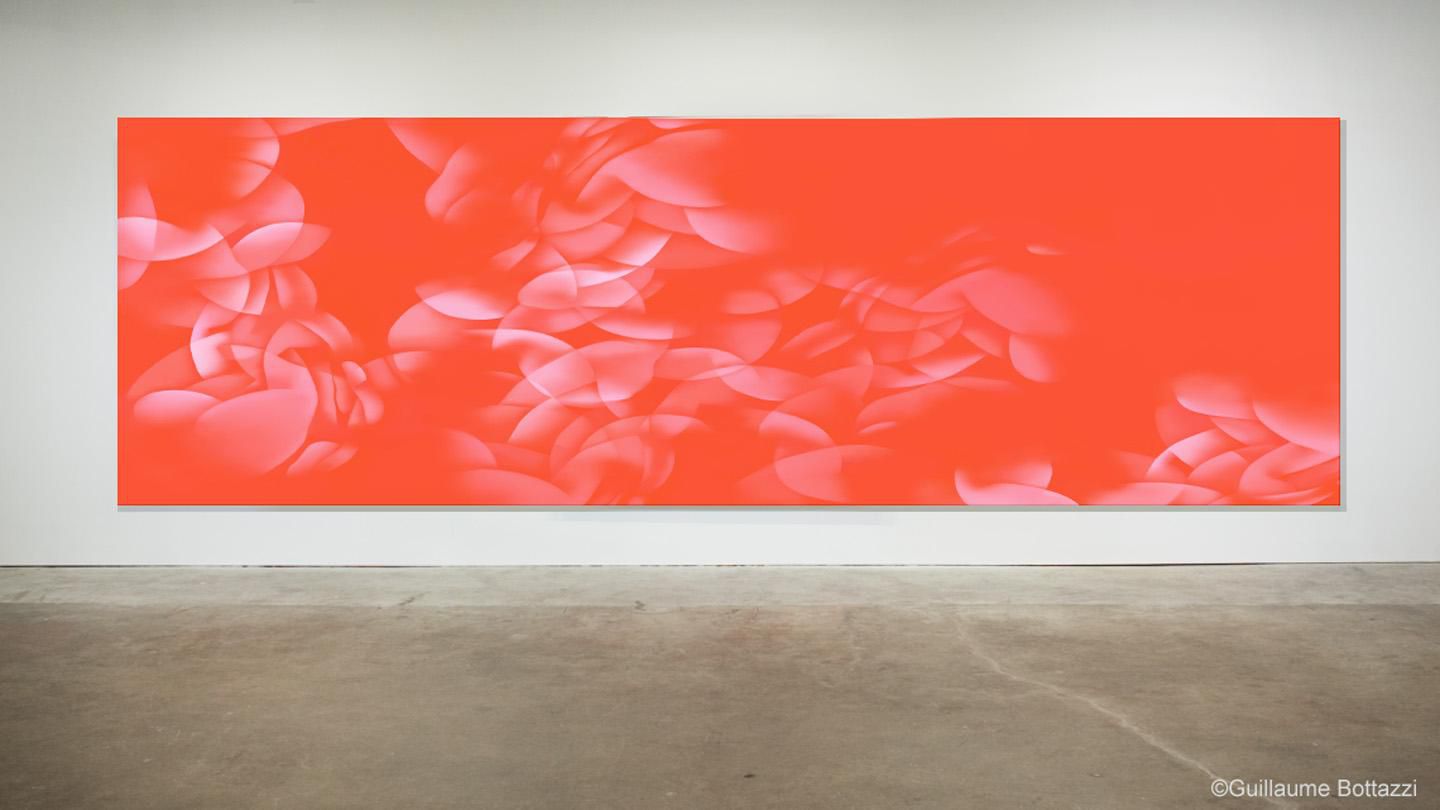

/https%3A%2F%2Fi.ytimg.com%2Fvi%2FjYcWLmpRdoU%2Fhqdefault.jpg)